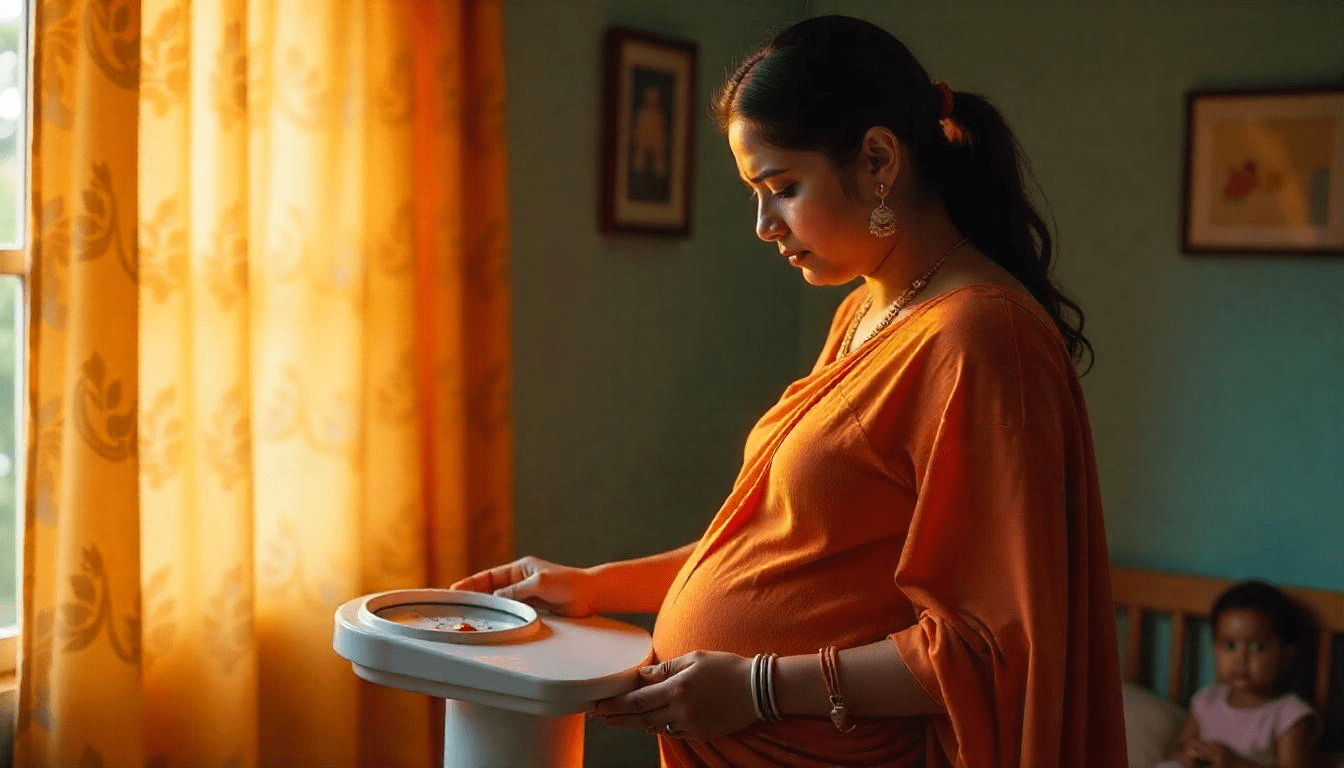Introduction
After giving birth, many new moms find themselves overwhelmed with advice about what they should and shouldn’t eat. One topic that often comes into play is the foods to avoid after giving birth. Making informed choices about nutrition is essential not only for recovery but also for your baby’s health, especially if you are breastfeeding. While you might crave certain comfort foods, some of these can hinder your recovery process and impact your breastfeeding journey.
Top Foods to Avoid After Giving Birth
Processed Foods
Processed foods, often high in sodium and preservatives, can lead to water retention and may hinder your recovery. These foods might be convenient, but they typically lack essential nutrients. Some common processed foods include:
- Frozen meals
- Packaged snacks
- Cold cuts
It’s best to opt for fresh, whole foods that can nourish your body effectively.
Sugary Treats
While it’s understandable to indulge your sweet tooth now and then, it’s important to limit sugary treats after giving birth. Foods high in sugar can lead to energy crashes and may disrupt your hormone balance. Instead of candy, try incorporating fruits into your diet for natural sweetness and additional vitamins.
Caffeinated Beverages
Caffeine can be an all-time favorite, but after giving birth, it’s advisable to limit intake. Caffeine can affect your baby, especially if you’re breastfeeding, as it can pass into your milk. Consider limiting coffee, tea, and soda to help keep both you and your baby calm and well-rested.
Ready-Made Meals
Although ready-made meals save time, they are often packed with unhealthy preservatives and additives. Ingredients in these meals can also be difficult to digest and might not offer the nutritional content necessary for postpartum recovery. Instead, consider meal prepping or cooking simple meals with whole ingredients.
High-Mercury Fish
While fish can provide great nutrients like Omega-3 fatty acids, some types of fish are high in mercury, which can be harmful, particularly for babies. Fish such as shark, swordfish, and king mackerel should be avoided. Instead, stick to safer options like salmon and cod, which provide benefits without the high mercury content.
The Importance of a Nutritious Diet Postpartum
A balanced diet is essential for new mothers as they recover from childbirth. Eating whole foods rich in vitamins, minerals, and nutrients can help:
- Improve energy levels
- Enhance mood stability
- Support breastfeeding efforts
- Aid in postpartum recovery
The right nutrition can also help minimize complications connected to childbirth, such as postpartum depression and physical recovery challenges.
Alternatives to Consider
If you’re wondering what to include in your diet, here are some nutritious alternatives:
- Fruits and Vegetables: Rich in vitamins and antioxidants, they aid recovery and boost immunity.
- Lean Proteins: Chicken, turkey, beans, and legumes are great for muscle repair.
- Whole Grains: Brown rice, quinoa, and whole-wheat bread for sustained energy.
- Healthy Fats: Avocados, nuts, seeds, and olive oil help with hormone regulation.
Common Myths About Postpartum Diets
Many myths surround postpartum diets, leading to confusion about what to eat or avoid. Here are a few common misconceptions:
- Myth: You need to eat for two while breastfeeding.
- Truth: You need extra calories, but not double. Focus on quality over quantity.
- Myth: All herbs and traditional remedies are safe.
- Truth: Some herbs can be harmful during breastfeeding, so always consult with a healthcare provider.
- Myth: Weight-loss diets are necessary right after birth.
- Truth: Your body needs time to heal. Gradual weight loss through a balanced diet and exercise is recommended.
Conclusion
Navigating your diet after giving birth can be challenging, but knowing the foods to avoid after giving birth can set you on a path toward a healthier recovery. Being mindful of processed foods, sugary treats, caffeine, ready-made meals, and high-mercury fish can significantly benefit you and your baby. Instead, focus on whole, nutritious foods that promote healing and energy. Remember, your needs as a new mom are unique, and it’s always helpful to consult with a healthcare professional or nutritionist to create a personalized plan that supports your recovery journey.
Engage with us! What changes have you made in your diet post-delivery? Share your thoughts in the comments below!





